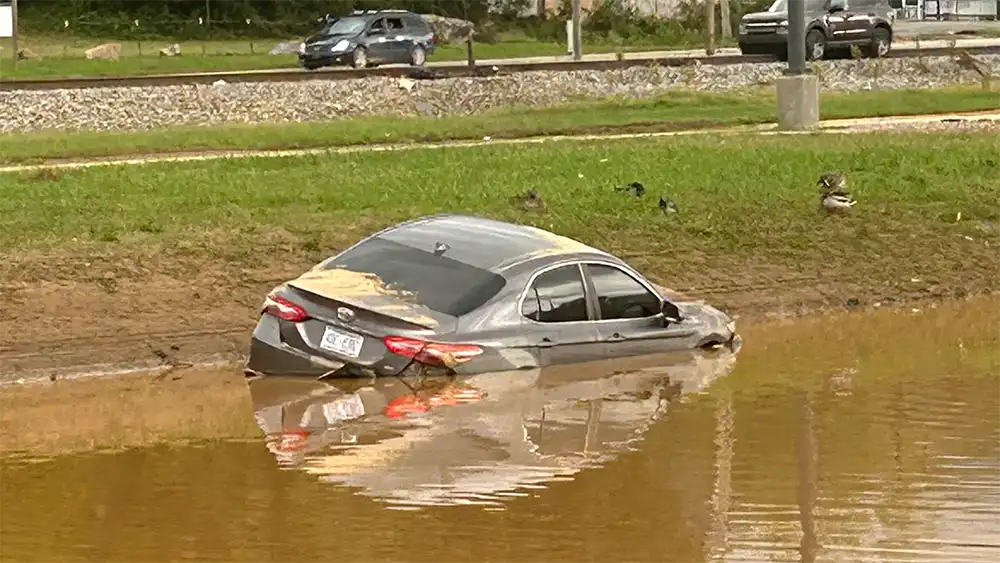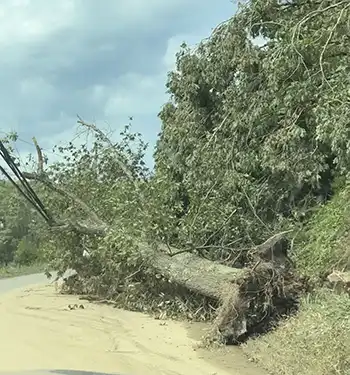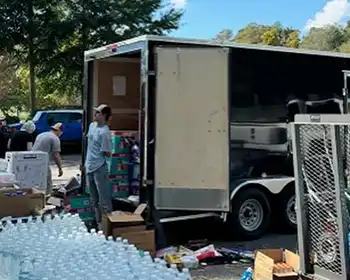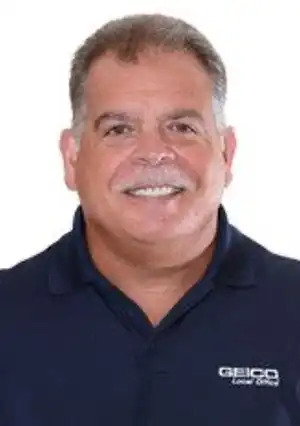
Sept. 27. It was my father’s birthday. He was in the Lowcountry visiting. My siblings were in Asheville where we’re all from; where they still live. They had plans to wait out the storm, then drive down to celebrate. And why wouldn’t they? That’s how it had always gone.
Our mountain town is over 2,000 feet above sea level and almost 300 miles to shore. If a hurricane ever affected us, it was only a storm. It would have no organized eye and would have already dumped most of its water. A few trees might fall. It might flood a little. We’d chainsaw whatever had blocked the road and go on with the day. However, Hurricane Helene taught us that anything is possible.

We woke in Summerville the next day with no power and some limbs down — no big deal. However, when we pulled up Facebook for morning scrolls, we discovered it was dotted with frantic posts from people who couldn’t reach Asheville relatives. They’d heard reports of landslides and severe flooding. News outlets said all communication had failed and entire towns had been wiped off the map. They said all roads to Asheville were impassable, leaving it a ghostly mountain island. Things were bad.
My brother was in one of the least impacted areas outside town. He drove miles through debris and back routes to get cell service. He was the only person we heard from for days. We eventually connected with everyone else. Our cousin waded through waist-deep water for 5 miles to safety, passing through those who didn’t make it — some with their very clothes ripped from their bodies — on her way out. My mother was stranded in a hotel without food, power or water for 48 hours. Her vehicle was washed onto railroad tracks, smashed in debris. My in laws counted 19 trees down, two fallen on their vehicles. My high school teacher was missing and a peer from the class below me still is today. Many people I know lost homes and businesses. My homeland had been devastated.

After a couple days, I received messages from friends and family — people who would never ask for help — desperate for water, baby formula or a few snacks. They asked if we could check on people they couldn’t find. All I knew was that we had resources and they didn’t. My husband and I started to collect supplies to send back. My friends and neighbors left mountains of food, formula, water, toilet paper and clothing at my husband’s place of business. We were soon overwhelmed.
As I was trying to sort things for individuals while learning about how to move the rest, my friend from Junior Service League of Summerville, Heidi Gordon, called and said, “I just left Katie Arrington’s house. I told her what you’re doing, and she has a FEMA-certified plane. Her husband said he’d fly you up to drop supplies.” I was so relieved. I had a route. I knew Arrington was a local politician who’d done much for the community. I was moved at her willingness to jump in and help someone for absolutely no political gain or recognition, but because I was a neighbor, because North Carolina is our neighbor.

When I reached Arrington the following morning, the mission had grown exponentially. She then guided me to take the supplies to a large trailer at the Geico owned by Tony Kolgaklis on Rivers Avenue. Kolgaklis is a member of the Community Emergency Response Team and had a helicopter directly dropping supplies. Other pilots were forming a network and necessities were reaching remote locations.
Kolgaklis’ son Andrew stated, “My father partnered with Operation Air Drop. He knew he could help, so he did. It was about getting food, clothes, water and other items to people who needed it. We were happy to do it.”
Others in the Lowcountry were also on the move. Firefighter Ben Doss reached out to the chief in Dorchester County to get unused boots to first responders. Wando resident Megan Neubauer fully funded supplies for a single mother, commenting, “It’s like another home to me. I have so many friends and family there, and it broke my heart to hear of the devastation. I feel like mountain people have no idea how to handle hurricanes, whereas we in the Lowcountry are more used to it. The living conditions were not sustainable.”
Asheville native and Lowcountry resident Dorothea Gerber hand-delivered supplies. Gerber said, “Looking folks in their eyes, hugging their necks, hearing their stories and giving them things they desperately needed was what I also needed. They will have needs for a long time, and they are constantly changing. So, ask a local how you can help.”
The Lowcountry did and still is doing their part and it’s a testament to the amazing hearts found in greater Charleston. It is hope for humanity.
To continue helping provide relief to all impacted, refer to “THE LIST” available at ABC News 4.
By Lorna Hollifield

Leave a Reply